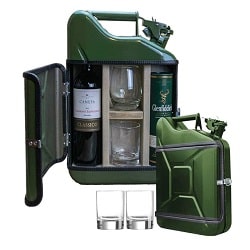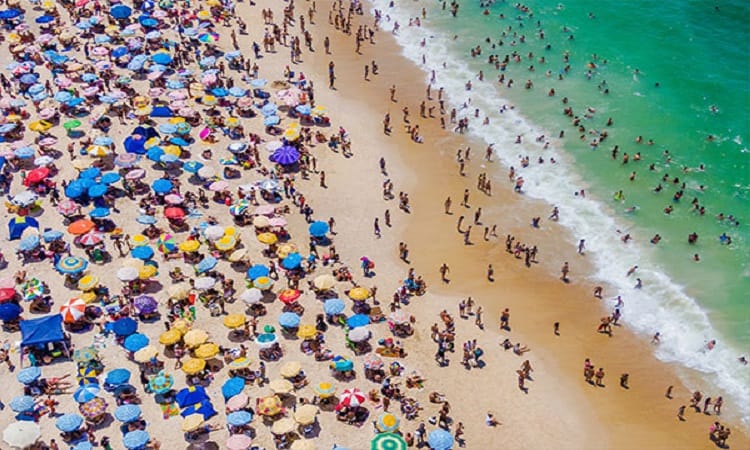More than half of UK consumers are “longing to travel” to their original holiday destination once Covid-19 travel restrictions are relaxed.
The remaining 41% are waiting to decide what happens to their booking or are changing their destination altogether.
The findings come from a global survey conducted among more than 900 operators and agents by international travel marketing alliance Travel Consul comprising 18 advertising, media, PR and marketing firms.
The study found that tourist boards will have a greater role to play in the recovery process.
As many as 65% of tour operators cited that joint marketing campaigns with a tourist board which carries a call to action will help their recovery, along with the need for tourism organisations to share “useful and timely data” with tour operators.
The pandemic has also led to operators diversifying their product offering with 59% saying they will modify what they sell, with 82% likely to sell destinations and resorts which they have not previously considered.
More than half of overall respondents (53%) said they were more likely to consider destinations that they have never promoted before.
Almost half said they were “extremely likely” to consider hotels and resorts they had never sold before. Another 37% said that it was “somewhat likely” they would consider other options.
When asked how the role of travel distribution partners will change going forward to adapt to these new circumstances, 70% of the respondents believe that modifying cancellation policies or terms and conditions will be among their main undertakings.
Additional strong responses were “expand customer communication channels,” and “diversify/change your product and destination offerings,” and “creating new partnerships with new buyers and suppliers”.
When asked how best destination organisations can help in recovery, the top answer was “introducing health and safety certificates for agents to feel sure the destinations are safe to send their customers to” with two out of three participants requesting help from destinations.
The next top three answers included marketing campaigns, presenting useful and timely data, and industry and media updates.
Regarding marketing activities during recovery, social media was the clear winner with two out of every three respondents claiming that social marketing was their main concept. Digital and co-op campaigns respectively came in second and third.
At a global level, more than 40% of clients, who are rebooking or showing some interest in travelling, said they were planning to go to the destination where they had originally booked.
But the largest percentage – 46% – are at a halt, waiting to see how the situation evolves before making their decision.
Tour operators and travel agency associations lead the way – 69% as a global average – when it comes to analysing the top data sources used for information during the pandemic.
Tourist offices, trade media, national governments and industry friends were also cited.
Amanda Hills, president of MMGY Hills Balfour, said: “We are delighted to have been involved in this global study which revealed a number of interesting insights most notably, how the wider travel industry is looking to tourist boards to lead the path to recovery.
“It is reassuring to see that the World Travel & Tourism Council is introducing a safety and hygiene stamp which mirrors the travel executives’ sentiment from our survey, that a health certificate issued by tourist boards would greatly improve consumer confidence, which in turn will give the travel industry a much-needed reboot.”








